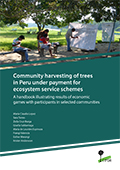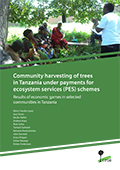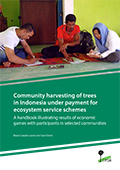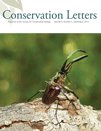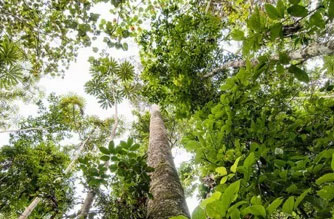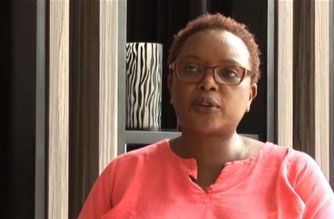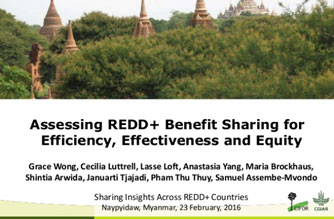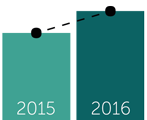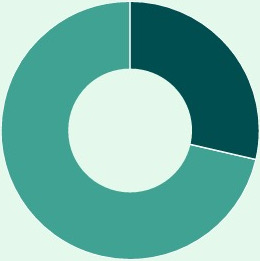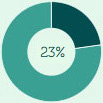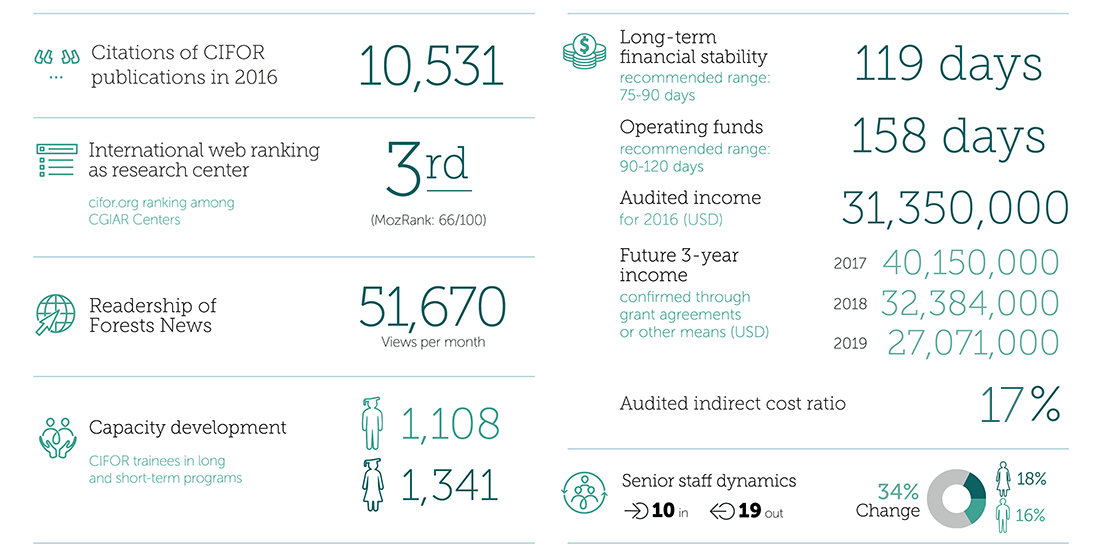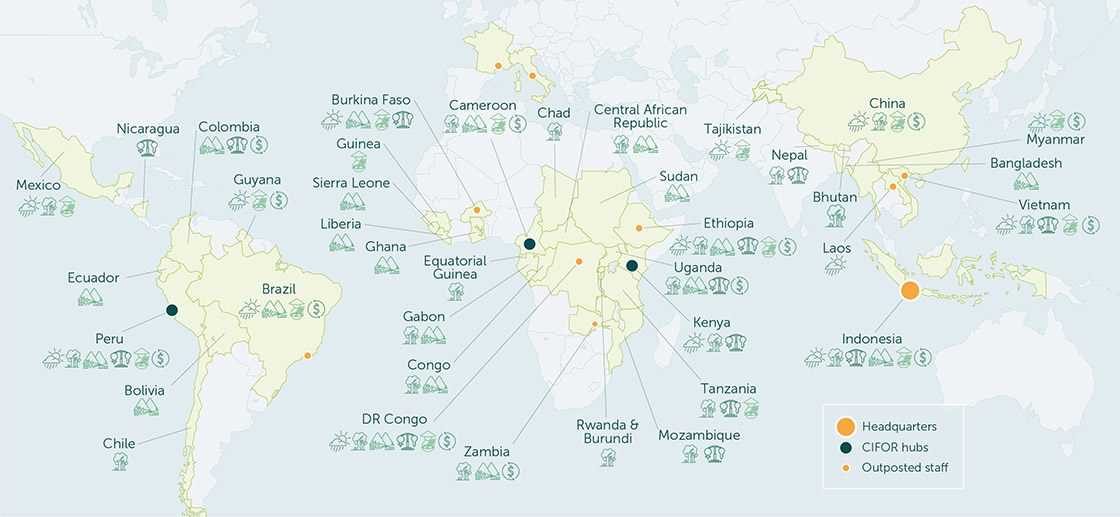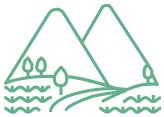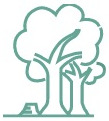
Tools for learning
Changing behaviors, saving trees: Lessons in REDD+ benefit-sharing
Many rural communities want to keep their forests intact instead of clearing them for cash crops or other land uses, and the United Nations Reducing Emissions from Deforestation and forest Degradation (REDD+) mechanism offers incentives to do this. Benefits come in the form of direct cash – for avoided deforestation or as start-up funds to cover labor and the cost of switching to new livelihoods – or as ‘non-carbon benefits’, such as more secure land rights, new job skills, technical or legal assistance, and better infrastructure.
But support for REDD+ among communities depends on whether benefit-sharing mechanisms – the plans for who gets rewarded, why, under what conditions and for how long – are seen as effective and fair.
CIFOR researchers spent four years working with forest-dependent communities in six tropical countries to get a global perspective on what helps – or hinders – the fair distribution of REDD+ benefits. The team worked to build capacity on the ground through experimental games, and translated findings from this and other benefit-sharing research into an online tool for policy makers.
From local exchanges on the ground…
To find out how much impact benefits have on changing behavior, CIFOR designed experimental economic games, in which villagers decide how to use their shared forests. Using tokens and decision cards, community members worked out the potential income from cutting and selling trees or leaving them standing for a cash reward, under different scenarios: with or without direct payment, with the involvement of external organizations, and through options discussed with others in the group, versus making the decisions alone.
In all three countries, the groups that received payment, external support and who were able to make decisions together generally cut the fewest trees – even after the payments stopped.
Games like these can not only teach communities how incentive schemes work, they can help policy makers target programs to local contexts, making them more likely to be effective.
Results from games held in Peru, Indonesia and Tanzania are summed up in handbooks.
Handbooks
Article
Benefit sharing is really about making sure that those who invest in sustainable use and management are rewarded for their efforts, and that the responsibilities they hold are recognized and appreciated.
Esther Mwangi, Principal Scientist, CIFOR
Video
Rules, games and carbon: Exploring rights and REDD+ benefits
Global online tool
REDD+ Benefit Sharing Knowledge Tree
CIFOR designed this interactive tool, which sums up four years of on-the-ground research, to help policy makers understand what impacts their decisions on REDD+ benefit sharing could have on local communities.
Watch this quick video guide to using the tool.
Gender dimensions
Women are important co-managers of the forest, and if they are not rewarded or recognized they will have much less incentive to manage those forests sustainably. So gender issues were taken into account in all stages of CIFOR’s benefit-sharing research. The economic games included groups with a majority of women, and their perspectives were sought out through one-on-one household surveys.
Starting from planting, carrying the seeds and maintaining them, women are already involved. So women feel that the family-owned forest belongs not only to male members of the family, but to women too.
Rubikem, community member, Terong village, Jogjakarta
Photo by M. Simola/CIFOR.




